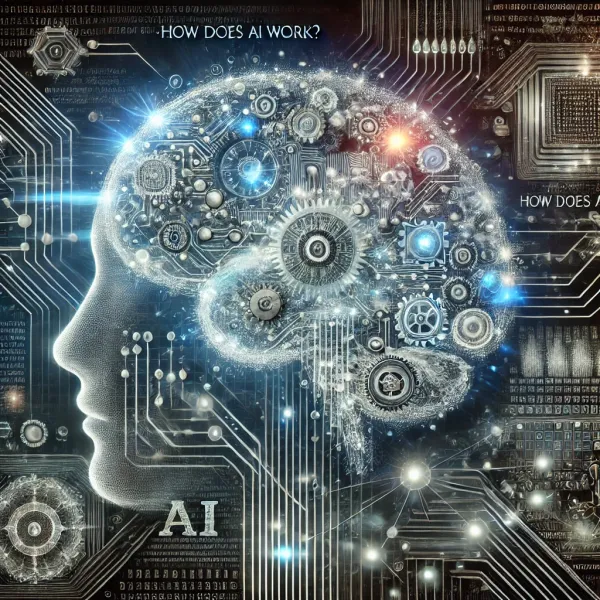Artificial Intelligence for Chemical Safety Compliance
Introduction to AI
What is Artificial Intelligence (AI)?
Artificial Intelligence (AI) refers to the simulation of human intelligence in machines designed to think, learn, and make decisions. These machines can perform tasks that typically require human intelligence, such as visual perception, speech recognition, decision-making, and language translation.
Why is AI important?
AI is transforming industries by automating processes, enhancing decision-making, and creating new products and services. It plays a vital role in sectors like legal compliance, healthcare, finance, education, and transportation, leading to increased efficiency, reduced costs, and new capabilities that were previously impossible.
How does AI work?
AI systems work by processing large amounts of data through algorithms, which are sets of rules or instructions. Machine learning, a subset of AI, allows these systems to improve over time by learning from the data they analyze. Deep learning, a further subset of machine learning, uses neural networks to mimic human brain functions.

What are some common applications of AI today?
AI is widely used in various applications including:
- Legal Compliance: AI assists in ensuring regulatory compliance by analyzing vast amounts of legal documents, monitoring for compliance breaches, and automating routine tasks such as legal research. This helps organizations stay aligned with the latest laws and regulations while reducing human error and increasing efficiency.
- Manufacturing: AI is utilized in predictive maintenance, quality control, and optimizing production processes. For instance, AI-powered robots and machine vision systems are used to identify defects, monitor equipment performance, and ensure efficient operation on the production line.
- Healthcare: For diagnostics, personalized medicine, and robotic surgeries.
- Finance: In fraud detection, algorithmic trading, and customer service chatbots.
- Education: AI-powered tools for personalized learning and administrative automation.
- Transportation: Autonomous vehicles and traffic management systems.
- Retail: Product recommendations and inventory management.
What is the future of AI?
The future of AI is both promising and challenging. Advancements in AI could lead to breakthroughs in legal compliance, science, healthcare, and other fields. However, it also presents challenges related to ethics, security, and the potential impact on employment. The future will require careful management of AI's development and deployment to maximize benefits while minimizing risks.
Become an expert in AI for Chemical Safety Compliance




